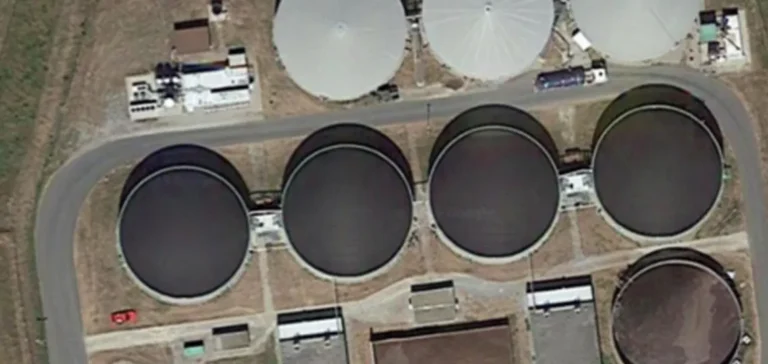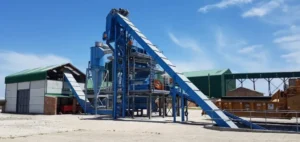The growth of the Voluntary Carbon Market (VCM) is driving increased industrial interest in carbon capture and storage technologies in the biomass sector. The pulp and paper industry, with its significant biogenic CO₂ emissions, is emerging as one of the most suitable sectors for the adoption of these technologies, according to several industry stakeholders. Currently, biogenic emissions primarily result from the combustion of organic materials such as wood and paper derivatives, presenting an ideal concentrated source for capture. Approximately 177 million metric tons of CO₂ per year are emitted by the 277 pulp mills operating across Europe and North America.
Significant financial potential of the voluntary market
With a technical capture efficiency of up to 90%, these mills could generate substantial revenue streams from carbon credit sales within the VCM framework. Indeed, biogenic CO₂ credits are currently traded between $150 and $350 per metric ton of CO₂ equivalent (mtCO₂e), according to recent market data. This mechanism represents a global commercial potential estimated at nearly $3 billion for the industries involved. This market is attracting numerous industrial players seeking to integrate these carbon credits into their emission management strategies.
Implementing carbon capture technologies in existing facilities (“brownfields”) offers the technical advantage of higher emission concentrations, thus facilitating capture compared to entirely new projects (“greenfields”). However, these projects require substantial initial investments, particularly in biomass-to-energy installations known as Bioenergy with Carbon Capture and Storage (BECCS). Costs vary significantly based on the size and type of installation, with BECCS projects ranging from 50 to 100 MW incurring considerably higher expenses than those associated with pulp and paper operations.
Growing interest from tech giants
Major technology companies rank among the leading purchasers of carbon credits, showing particular interest in these certificates to offset their residual emissions. Companies such as Microsoft aim to achieve negative carbon neutrality by 2030, extensively incorporating these credits into their strategies. Other large technology firms and data centers are adopting solutions such as BECCS to reduce their direct and indirect carbon footprints, thereby fulfilling stringent internal sustainability commitments.
The market is currently witnessing significant diversification in the types of projects generating carbon credits, from natural solutions to advanced technological solutions such as Direct Air Capture (DAC). Nevertheless, the industrial sector, especially biomass, continues to play a critical role in driving overall transaction volumes in this market. Recent agreements involving biomass power plants and pulp mills underscore the growing economic interest in this category of carbon credits.
International development and regulatory framework
Some European countries, like Sweden, are implementing specific mechanisms to encourage BECCS adoption through reverse auctions and direct financial incentives. In the United States, the Inflation Reduction Act (IRA), through the 45Q tax credit, represents an additional significant economic incentive for industrial players. This combination of fiscal measures and voluntary mechanisms creates a favorable environment for rapid market growth.
The sector thus continues to evolve under the joint influence of public policies and commercial interests from major technology and industrial companies. The coming years will be critical for accurately assessing the economic and commercial impact of the voluntary carbon market within heavy industries, particularly bioenergy and pulp and paper.






















